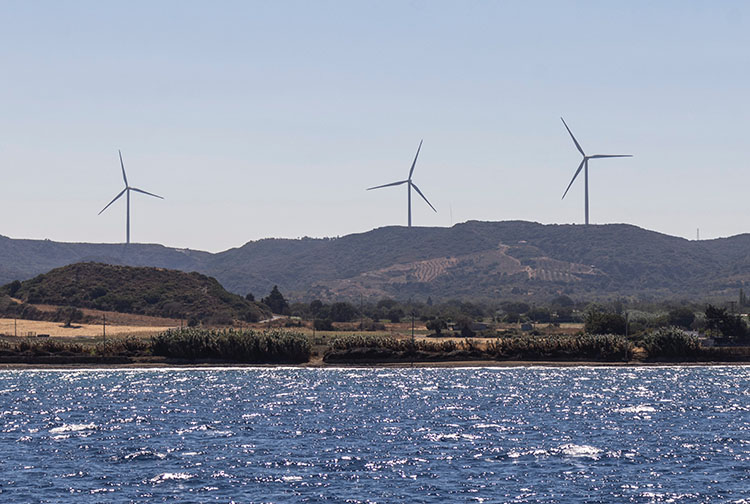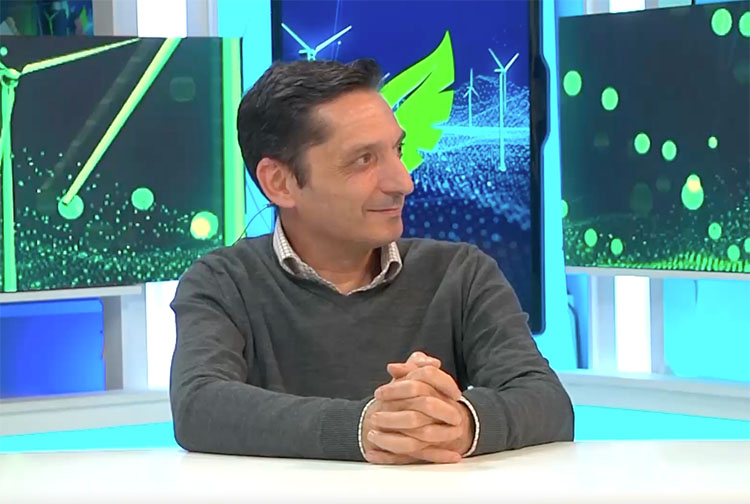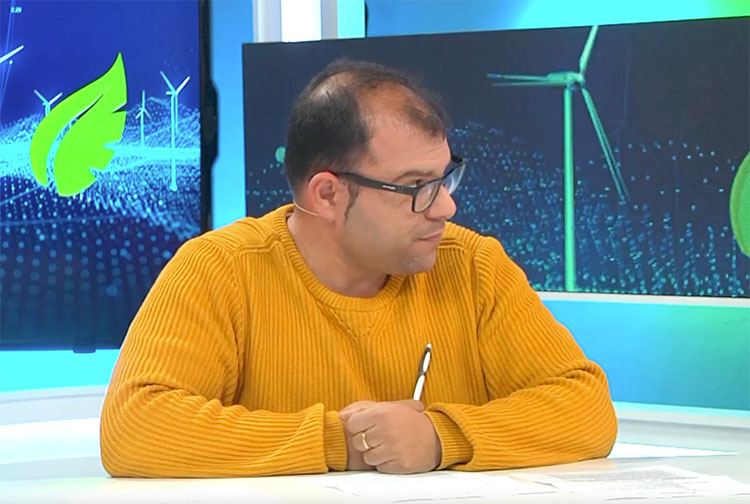

Is a 100% renewable energy model possible?
Climate change is the biggest challenge facing humanity and halting global warming is essential to ensure our survival. The transition to cleaner and renewable energy sources is a key factor in achieving this. But to what extent is it feasible?
The World Economic Forum’s latest Global Risks Report 2024 finds that extreme weather events, biodiversity loss, ecosystem collapse and natural resource scarcity pose the greatest risk to humanity over the next decade.
The main cause is the burning of fossil fuels, which has increased as the human population has grown. Their combustion generates greenhouse gases that trap the sun’s rays in the earth’s atmosphere, raising the average surface temperature of the planet.
No time to stop global warming
Greenhouse gas emissions reached record highs in the past decade. Although their rate of growth has slowed, the report “Climate Change 2022: Mitigation of Climate Change” warns that limiting global warming to 1.5 °C will only be possible if there is an immediate and deep reduction in emissions.
To achieve this, emissions would have to be cut by almost half by 2030 and be zero by mid-century. At the COP28 summit in Dubai last December, it was agreed to triple the use of renewable energy in the next five years.
Yet, the world still consumes over 35 billion barrels of oil yearly. This dependence on fossil fuels is unsustainable, both from a production and environmental point of view. Experts estimate that 40% of the world’s oil reserves have already been exhausted and that, at the current rate, there are only about 50 years left.
Can the world run on renewable energy alone?
Renewable energy is any type of energy that comes from a source that does not run out over time. There are many renewable energy sources, such as solar, wind or geothermal energy, and they are important because, unlike hydrocarbons, they are infinite and produce almost no polluting emissions.
The main problem with renewable energies is the instability of their production and storage so that they can be easily distributed. In other words, they are limited in terms of their availability and location, which makes them unprofitable. However, the cost could be reduced by developing more advanced technologies to capture energy and transport it more efficiently.
In this context, a study by IRENA, the International Renewable Energy Agency, shows that a 100% renewable energy model is possible and points the way towards a 45% reduction in carbon dioxide (CO₂) emissions from 2010 levels by 2030, and net-zero emissions by 2050.
IRENA’s analysis concludes that we already have the technologies that can lead us to a decarbonised energy system, with solutions that can be deployed rapidly and at scale. The study shows that more than 90% of the solutions that make the 2050 goal possible involve renewables through direct supply, electrification, energy efficiency, green hydrogen and bioenergy combined with carbon capture and storage.
The Agency argues that the increase in electricity prices on the wholesale market has been caused by the high price of gas from which electricity is produced because, right now, renewables do not provide the stability needed to guarantee electricity supply. Therefore, the sooner we achieve a decarbonised economy, the sooner we will leave behind this dependence and the extreme price variations associated with it.
11Onze is the community fintech of Catalonia. Open an account by downloading the app El Canut for Android or iOS and join the revolution!
Leave a Reply
You must be logged in to post a comment.





Hi ha masses interessos creats, al voltant de l’energia fòssil. Malauradament trigarem a veure la transició cap a la energia verda, Tot i q ens va la supervivència.
Així és, i ara s’estan creant nous interessos al voltant de la transició energètica.